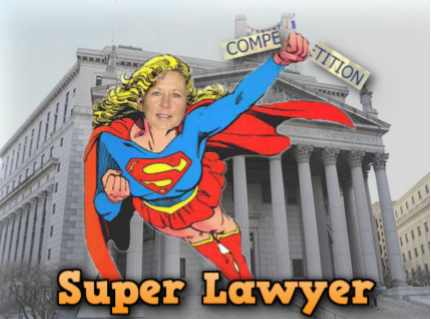






Tracy Stoneman
Tracy Stoneman has been representing investors and stockbrokers with claims against their brokerage firms for almost 30 years. From the outset, Ms. Stoneman became active in championing the rights of investors, for example, by publishing articles to make securities arbitrations fairer and co-authoring a book to better educate the public on the behind-the-scenes activities of brokerage firms. She was one of the early members of the Public Investors Arbitration Bar Association and served on its Board of Directors for six years. She has represented thousands of individuals who have been wronged by their brokerage firms. Ms. Stoneman has secured some of the largest securities arbitration recoveries from Prudential Securities, PaineWebber, and Raymond James, yet she also handles significantly smaller cases. And today the list of brokerage firms that she regularly sues is: Wells Fargo, Morgan Stanley, Merrill Lynch, Ameritrade, and J.P. Morgan. Ms. Stoneman takes cases on an hourly basis or a contingent fee basis. She will also agree to unique, hybrid fee arrangements in order to accommodate the needs of the client - the choice is yours. Ms. Stoneman also represents stockbrokers who have claims against their brokerage firms for such things as wrongful termination and defamation on the U-4/U-5 regulatory form.
View Ms. Stoneman's Resume
Featured Cases and Matters
Kramer v. Smith Barney Shearson, Inc., 80 F.3d 1080 (5th Cir. 1996)
First case in Texas/Federal court to hold that the NASD (now FINRA) six-year eligibility rule can be extended by proof of ongoing fraud or concealment. This
was a victory for all investors, because the brokerage firms always claim (even to this day) that the occurrence or event giving rise to the claim = the date of the investments. That interpretation is not supported by many courts.
Smith Barney Shearson, Inc. v. Boone, 838 F. Supp. 1156 (N.D. Tex. 1993), aff’d 47 F.3d 750, 754 (5th Cir. 1995)
Federal
court held that questions as to timeliness of claim subject to arbitration are procedural issues for arbitral, not judicial determination. And most importantly, the court held that although the last disputed investment purchase took place
more than six years before I filed the arbitration claim, it could not be said with confidence that claims were time barred without forbidden judicial inquiry into underlying merits of claims.
McPhatter v. Salomon Smith Barney, et. al., --- F.Supp.2d ----, 2005 WL 3150245 (M.D.N.C. Nov. 18, 2005)
Represented
40+ individuals who were all former employees of Bellsouth in Charlotte, North Carolina in a class action court case against Salomon Smith Barney. The firm’s brokers had put on seminars at Bellsouth and convinced many workers to take early
retirement based upon promises of 12% returns. The brokers then invested far too aggressively for the investors who lost much of their savings. The case settled for a nice sum that is confidential.
Award #01-02707 2002
Securities
arbitration typically involves only financial losses. However, in this case I found myself representing a woman who claimed that not only had her stockbroker lost a lot of her money through inappropriate trading, he also sexually harassed
her and caused her mental anguish. We arbitrated the case, and the Panel not only awarded my client her losses, her attorney’s fees, and her costs, it also awarded $85,000 as damages for intentional infliction of emotional distress and
assault and battery. This type of award is very rare in securities arbitrations.
created with
Nicepage.